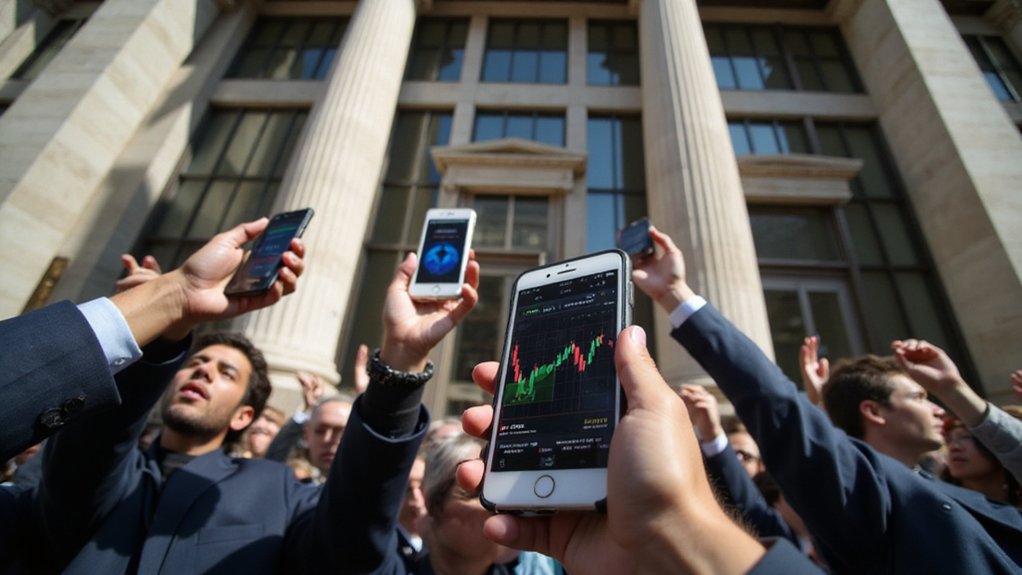While most nations grapple with the delicate balance between crypto innovation and regulatory oversight, Turkey has decisively chosen the path of thorough control, implementing a Byzantine framework that would make even the most compliance-obsessed traditional banker blush.
The Capital Markets Board’s new licensing requirements read like a financial fortress blueprint: crypto asset service providers must transform into joint-stock companies with cash-issued shares, founders must survive background checks that would humble intelligence operatives, and minimum capital requirements range from 150 million Turkish lira for exchanges to a staggering 500 million lira for custodians. One might wonder if these barriers are designed to foster innovation or guarantee only the most capitalized players survive what amounts to regulatory Darwinism.
Turkey’s crypto licensing demands read like a blueprint for ensuring only the most deep-pocketed survive regulatory Darwinism.
Turkey’s approach to transaction monitoring borders on the obsessive. Every crypto transfer exceeding 15,000 Turkish lira triggers mandatory identity verification, while users must declare both the source and intended purpose of their digital assets—a requirement that transforms simple peer-to-peer transactions into bureaucratic exercises. The authorities have imposed daily and monthly limits on stablecoin transfers, presumably to prevent the kind of rapid capital flight that might occur when citizens lose confidence in their domestic currency.
Perhaps most revealing are the withdrawal controls: 48-hour delays for regular withdrawals extend to 72 hours for first-time users, creating what regulators euphemistically call “cooling-off periods.” These mandatory delays serve dual purposes—fraud prevention and guaranteeing the state maintains visibility into capital movements during economically turbulent times.
The extensive oversight extends beyond mere transaction monitoring. Risk management teams are now compulsory fixtures at licensed providers, while continuous surveillance by both the CMB and Turkey’s scientific research council ensures no digital stone remains unturned. The regulations notably include provisions for legitimate activities like arbitrage liquidity provision, suggesting authorities aim to support certain market functions while maintaining control. This regulatory approach stands in stark contrast to the open, decentralized nature of emerging DeFi platforms that enable direct peer-to-peer transactions without traditional intermediaries.
Cross-border payments face enhanced scrutiny through source declarations and foreign counterparty monitoring, effectively transforming international crypto transfers into compliance marathons. Only authorized institutions such as banks are permitted to provide custody services, further tightening the regulatory grip on digital asset storage and management.
This regulatory fortress emerges against the backdrop of Turkey’s currency challenges, where crypto assets have increasingly served as inflation hedges. The timing suggests authorities recognize digital assets’ potential to circumvent traditional monetary controls, responding with a framework that prioritizes state oversight over market efficiency—a choice that reflects broader tensions between financial sovereignty and technological innovation.









